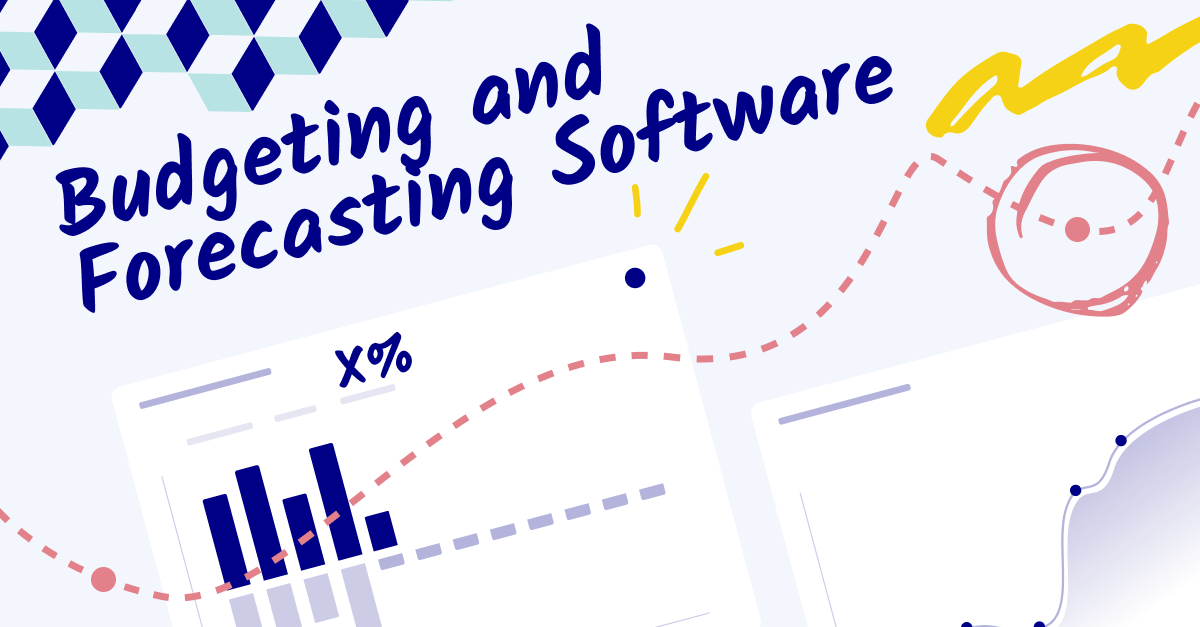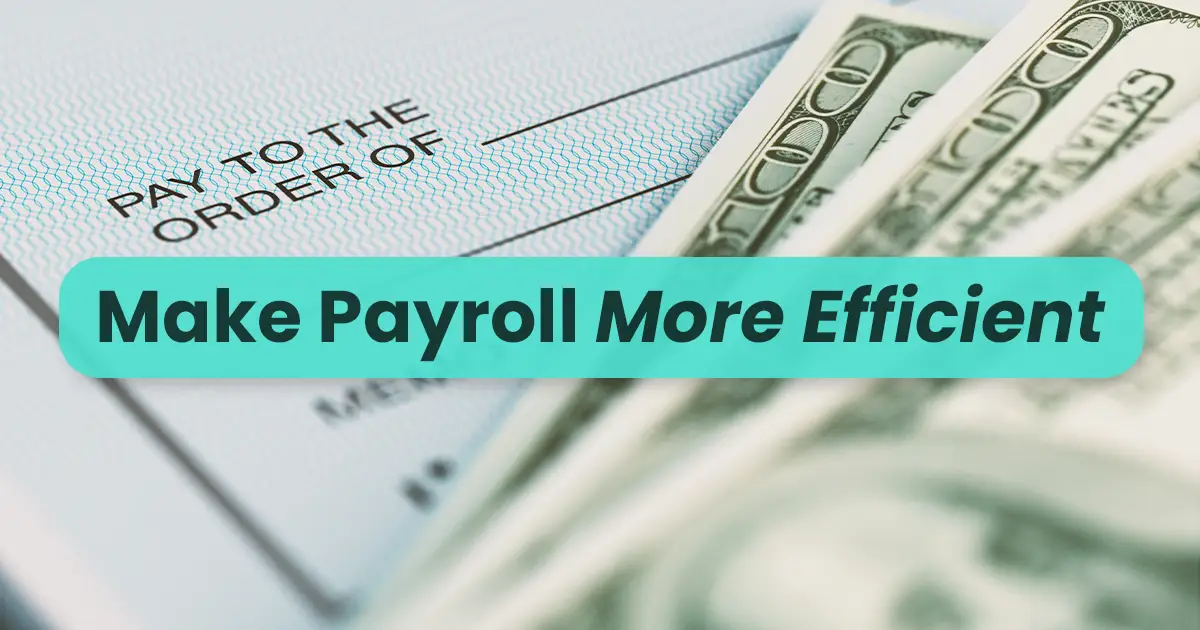Key Takeaways for Maximizing Small Business Tax Planning
- Effective tax planning can significantly decrease your business’s tax burden, saving you money.
- Utilizing the right financial analysis tools, like accounting software, can make your tax processes more efficient.
- Understanding tax deductions and credits is key to maximizing savings.
- Regularly reviewing and adjusting your tax strategies keeps your business compliant and efficient.
- Keeping up-to-date on tax law changes ensures you don’t miss new opportunities or face penalties.
Why Tax Planning is Important for Small Businesses
Tax planning isn’t just for the big corporations. It’s important for small businesses too. Why? Because every dollar saved on taxes is a dollar you can reinvest in your business. Small businesses often operate on thin margins, so effective tax planning can be a lifesaver.

The Advantages of Proper Tax Planning
Effective tax planning is about more than just avoiding penalties. It can also make your business more profitable. Here’s how:
First off, tax planning allows you to find all possible deductions and credits. This ensures you only pay what you’re required to, not a cent more. Secondly, it enhances your cash flow. By understanding when your tax liabilities are due, you can more effectively handle your finances all year round.
What’s more, tactical tax planning can pave the way for your company’s expansion. By saving more money, you can afford to buy new machinery, employ more workers, or grow your business.
The Downside of Neglecting Tax Planning
On the other hand, not planning your taxes can result in some pretty harsh outcomes. You could end up with surprise tax bills, which can throw off your cash flow. Even worse, you could be hit with penalties for filing late or incorrectly. This can hurt not only your finances but also your standing with the tax authorities. For small business owners, understanding these risks and implementing tax planning tips can be crucial to avoid such pitfalls.
Think about having to reduce crucial business operations due to an unexpected tax expense. That’s a situation no business owner wants to be in. As a result, being proactive with tax planning is necessary to prevent these issues.
Typical Tax Hurdles
Small business owners regularly face a number of tax hurdles. For example, it can be overwhelming to try and keep up with constantly changing tax laws. Additionally, manually keeping track of all financial transactions can easily lead to mistakes. These hurdles can result in overlooked deductions and credits, which can ultimately lead to higher taxes.
Moreover, a lot of small businesses find it difficult to predict their tax liabilities with precision. This can result in either underpaying or overpaying taxes, both of which can have unfavorable outcomes.
Key Tools for Financial Analysis
Dealing with these issues directly requires the use of appropriate financial analysis tools. These tools simplify the tax planning process and improve both accuracy and efficiency.
Small Business Accounting Software
Accounting software is the heart of a successful tax planning strategy. It allows you to monitor all of your financial transactions, making sure nothing is overlooked. With automated invoicing and expense tracking features, these tools can save you hours of manual labor.
Additionally, there are many accounting software options that work well with tax preparation tools, making it simpler to file your taxes correctly and on time. Some popular options are QuickBooks, Xero, and FreshBooks, each of which has unique features that cater to different business needs. For businesses looking to streamline their processes, understanding simplified business tax codes can be a valuable asset.

Tools for Budgeting and Forecasting
Tools for budgeting and forecasting are crucial for projecting your future tax liabilities. They assist you in planning your finances by giving you a glimpse of your expected income and expenses. By utilizing these tools, you can allocate the appropriate amount of money for taxes and avoid any unexpected surprises at the last minute.
They also assist you in making informed business decisions, such as when to make substantial purchases or investments. This type of strategic planning can result in optimized tax outcomes, which can benefit your business in the long run.
Apps for Managing Cash Flow
Being able to manage your cash flow is absolutely essential to being able to plan for your taxes. The good news is that there are a number of apps available that can help you keep track of your cash flow in real time, allowing you to stay on top of your finances.
Knowing how your cash flow operates can help you make better decisions about when to pay your taxes and how to distribute your finances throughout the year. Small business owners often use tools such as Float and Pulse to improve their cash flow management.
Approaches to Small Business Tax Planning
Now that we have gone over the tools, let’s delve into some approaches to efficient tax planning. These tactics will assist you in reducing your tax liability and maintaining the financial health of your business.
Strategies for Income Deferral and Acceleration
Managing your tax liability effectively often involves using income deferral and acceleration strategies. By timing your income and expenses in a strategic manner, you can potentially reduce your taxable income for a specific year. For example, if you think you will be in a lower tax bracket next year, you might want to defer your income until that time. On the other hand, if you think your taxes will be higher in the future, you might want to accelerate your income into the current year.
You need to take your time with this method and have a good grasp of your finances. Make sure you go through these plans with your accountant or tax advisor to ensure that they fit your business objectives and are in line with tax laws.
How to Use Tax Deductions and Credits
Lowering your tax liability is a key way to save money, and tax deductions and credits are the best tools for the job. Deductions lower the income that you’re taxed on, while credits lower your actual tax bill. Knowing which deductions and credits your business can use is crucial.
Typical tax deductions for small businesses encompass costs associated with office supplies, travel, and employee wages. Tax credits may involve those for research and development, energy efficiency enhancements, or employing specific categories of employees. By fully leveraging these opportunities, you can substantially lower your tax liability. For additional strategies, explore these tax credits tips and strategies for small business owners.
How to Plan Capital Investments and Depreciation
When you’re thinking about making capital investments, timing is key. If you plan your purchases carefully, you can get the most out of your depreciation deductions. Depreciation lets you spread out the cost of an asset over its lifespan, which can lower your taxable income each year.
Let’s say you buy a new piece of equipment. You can write off a chunk of its cost each year through depreciation. This not only cuts your taxes but also helps you manage cash flow by spreading out the expense. Also, think about using Section 179, which lets you speed up depreciation on qualifying assets.

Improving Payroll Tax Efficiency
Payroll taxes can take a big chunk out of a small business’s budget, but there are strategies to make them more efficient. One of the first steps is to make sure you’re categorizing your workers accurately. Mislabeling employees as independent contractors can result in steep penalties and back taxes. For more strategies, check out these small business tax planning strategies.
Furthermore, you might want to think about putting a retirement plan in place, like a 401(k), which can provide tax benefits for both you and your employees. By making contributions to your employees’ retirement plans, you can lower your taxable income and offer a worthwhile benefit to your staff. For additional insights, explore these tax benefits that might be applicable to your business.
Keeping an Eye on and Updating Tax Approaches
Tax planning isn’t a one-time job. It’s a process that needs to be continuously monitored and adjusted. As your business grows and changes, your tax strategies should also grow and change. Regularly reviewing your financials and tax plan ensures that you stay compliant and take advantage of new opportunities.
Consistent Financial Check-ups
For staying ahead of your tax responsibilities, performing consistent financial check-ups is critical. These check-ups allow you to recognize patterns, identify possible problems, and make knowledgeable choices about your business’s future. Here are a few crucial steps to include in your financial check-ups:
- Check your earnings and outgoings for correctness.
- Examine your cash flow to spot trends and areas for improvement.
- Evaluate your present tax plans to see if changes are required.
By making these tasks a part of your everyday routine, you can keep a firm grasp on your financial situation and make sure your tax plans are still working.
Staying Updated on Tax Law Modifications
As tax laws are always evolving, it’s essential to stay updated for effective tax planning. Regularly meet with your tax advisor to learn how new laws could affect your business. You may also want to think about going to seminars or workshops on changes in tax law to stay one step ahead.
By staying informed about these changes, you can proactively modify your strategies to make sure your business continues to comply and take advantage of any new tax-saving opportunities.
Changing Tactics Based on Financial Wellbeing
Your company’s financial wellbeing ought to direct your tax planning tactics. As your company expands, you might need to change your tactics to account for new income sources, costs, or investments. Regularly evaluate your financial wellbeing to see if modifications are required.
For example, if your business sees a big jump in revenue, you might need to reconsider your tax strategies to make sure you’re taking full advantage of deductions and credits. By keeping an eye on your financial health, you can make smart decisions that will help your business succeed in the long run.
Successful Tax Planning: A Look at Case Studies
By studying other businesses, you can gain a wealth of knowledge on effective tax planning strategies. Let’s dive into some case studies that showcase successful tax planning across different industries.
How Small Retail Businesses Can Use Tax Planning
Let’s take a look at a small retail business that was able to lower its tax liability through the use of tax deductions and credits. The business was able to keep better track of its expenses and find additional deductions for inventory costs by implementing a comprehensive inventory management system.
Moreover, the company capitalized on tax credits for energy efficiency by enhancing its lighting and HVAC systems. These calculated steps not only cut down the company’s tax charges but also boosted its operational efficiency.
A different retail business made the decision to lower its payroll taxes by putting a retirement plan into place for its employees. This move not only offered tax benefits, but it also made it easier to draw in and keep the best employees, which in turn played a big part in the overall success of the business.
How Tax Planning Can Benefit Service Industries
Service industries often face unique tax challenges, but with the right strategies, businesses can thrive. Consider the example of a small digital marketing agency that successfully used tax planning to improve its financial health.
Through careful monitoring of costs related to their customers, the company was able to find substantial deductions that lowered their taxable income. They also benefited from the research and development tax credit by creating unique marketing strategies for their clients.
“We were able to grow our business and increase our profitability by focusing on maximizing our available tax credits and deductions, which allowed us to reinvest our savings into expanding our services,” the agency owner explained.
The agency’s forward-thinking approach to tax planning not only boosted their profits, but also set them up for future success. By regularly reassessing and modifying their tax plans, they were able to stay flexible and adapt to changes in the tax world.
A small IT consultancy firm is another example. They optimized their payroll taxes by correctly classifying their workers and offering benefits such as health insurance and retirement plans. These measures not only provided tax advantages but also increased employee satisfaction and retention.
What We Can Learn from Manufacturing Business Tax Savings
Manufacturing businesses usually have large capital investments, which makes them perfect for strategic tax planning. An example of a successful tax planning strategy can be seen in a small manufacturing company that produces environmentally-friendly packaging materials.
The business took advantage of accelerated depreciation on new equipment, which let them write off a large part of the cost during the first year. This approach lowered their taxable income and boosted cash flow, facilitating additional investments in their manufacturing plants.
The CFO of the company said, “We have managed to stay competitive in the market by timing our capital investments strategically and taking advantage of available tax incentives.”
Additionally, the company capitalized on tax credits for utilizing renewable energy sources in their manufacturing process. These credits not only lowered their tax burden but also aligned with their sustainability objectives, boosting their brand image.
Thanks to careful tax planning, the business has expanded and held its status as a top contender in the green packaging sector. They stay up-to-date with tax benefits and frequently reassess their strategies, allowing them to maximize their financial results.
Final Thoughts on Enhancing Tax Efficiency
For small businesses, tax planning is an effective tool that can help decrease tax liabilities, boost cash flow, and reinvest the savings into opportunities for growth. By comprehending and applying effective tax strategies, businesses can improve their financial well-being and attain long-term success.
Employing the appropriate financial analysis tools, keeping abreast of changes in tax laws, and periodically reviewing and modifying your tax strategies are all important. This will help your business stay compliant, efficient, and prepared for future expansion.
Commonly Asked Questions
These are some of the questions that small business owners often ask about tax planning and financial analysis tools:
What financial analysis software is best for small businesses?
Depending on your specific needs and budget, the best financial analysis software for your business may vary. QuickBooks is a popular choice for its comprehensive accounting features, Xero is known for its user-friendly interface, and FreshBooks is favored for its simple invoicing and expense tracking.
When selecting software, think about how well it integrates with your existing tools, whether it can grow with your business, and if it has good customer support. Reading reviews and comparing features can also help you find the best software for your business.
- QuickBooks: This is your best bet for all-inclusive accounting features.
- Xero: This one is popular for its easy-to-use interface.
- FreshBooks: This one is great for tracking expenses and invoicing.
In the end, the correct software will make your tax planning processes more efficient and enhance your financial management.
What are the benefits of tax planning for my business’s financial health?
By reducing your tax liability, tax planning can boost your financial health. This can improve your cash flow and allow you to reinvest the savings into opportunities for growth. You can also ensure that you are not overpaying taxes by identifying deductions and credits.
- Decreases the amount you owe in taxes by using deductions and credits.
- Enhances your money on hand by strategically planning when you receive income and when you have expenses.
- Enables you to put the money you save back into growing your business.
Furthermore, good tax planning helps you avoid fines and guarantees that you follow tax laws, safeguarding the financial well-being of your business.
What tax deductions are most frequently claimed by small businesses?
Office supplies, travel, employee salaries, and home office use are among the most common expenses that small businesses can deduct from their taxes. In addition, marketing costs, professional services, and some types of insurance can often be deducted. For more insights, explore these small business tax planning tips.
How frequently should I revisit my tax planning strategies?
You should reassess your tax planning strategies at least every three months. Regular check-ins allow you to keep abreast of any changes in your financial situation and tax laws, guaranteeing that your strategies stay effective and within the law.
Furthermore, revisiting your strategies before making significant business decisions, like investments or expansions, can assist you in optimizing your tax results.
How does cash flow management affect tax planning?
Managing your cash flow is vital to tax planning because it makes sure you have the money you need to pay your taxes without interrupting your business. By knowing how your cash flow works, you can choose the best times for your income and expenses to get the most out of your taxes.
Proper cash flow management also allows you to prepare for future tax obligations, preventing unexpected last-minute surprises that can put a strain on your financial situation. For more insights, explore these small business tax filing deadline management best practices.
What’s the best way to keep up with changes in tax laws that could impact my business?
It’s crucial to stay up-to-date with changes in tax laws for the best tax planning. Regularly meet with your tax advisor, sign up for newsletters in your industry, and go to seminars or workshops about updates in tax laws. For more tips, check out our guide on small business tax planning.
By keeping yourself updated, you can actively modify your tax plans to make the most of new opportunities and ensure you’re adhering to changing rules.

